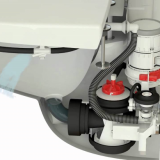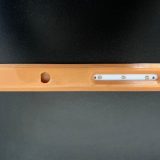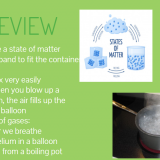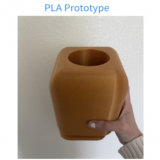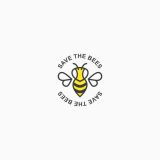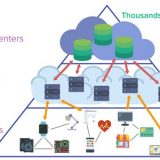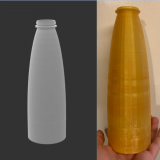Reinventing the Toilet Ian Hakeman, James Hazen, Jose Arellano
Our grand challenge is to reinvent the toilet. Contemporary flushing toilets waste an immense amount of water and also spread aerosols carrying viruses and bacteria when flushed. Through our research we discovered that vacuum toilets use roughly one-twelfth of the water per flush and also produce significantly fewer aerosols. We conducted a survey of Chapman
